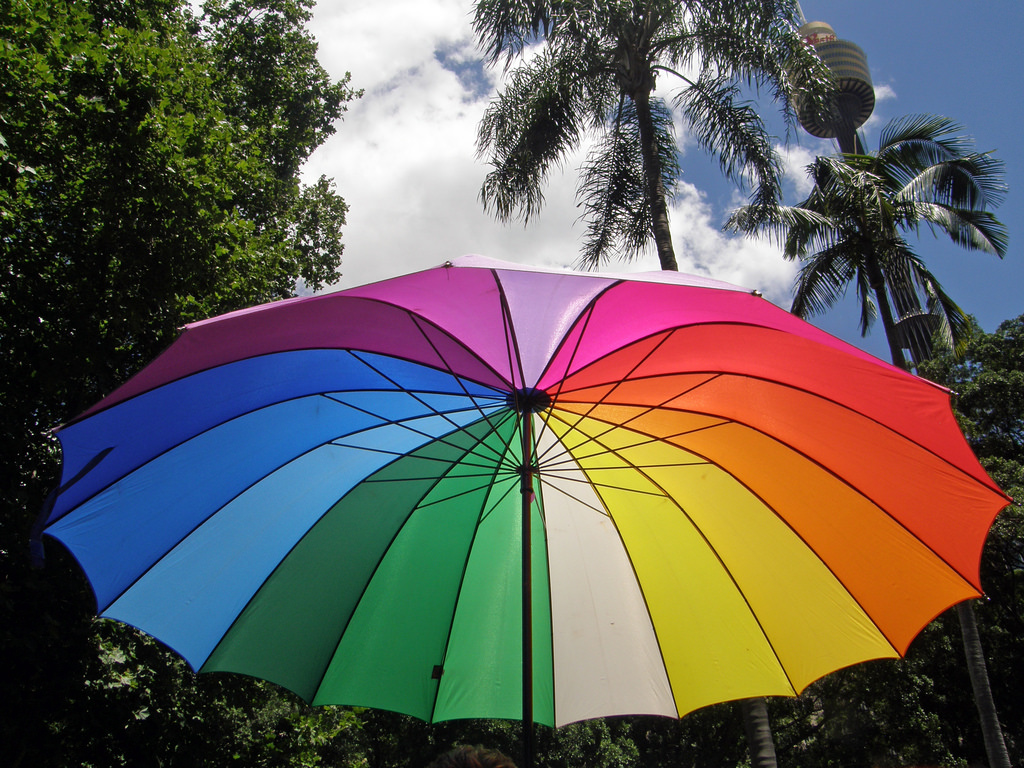“Transgender predicament requires action”
March 9th, 2017 India’s transgender community has been a target of chronic violence, intolerance and stereotyping. Sugandha Parmar, 23, a Correspondent in Kanpur, India, writes that the Transgender (Protection of Rights) Bill promises protection of rights and facilitates acceptance in social spaces.
India’s transgender community has been a target of chronic violence, intolerance and stereotyping. Sugandha Parmar, 23, a Correspondent in Kanpur, India, writes that the Transgender (Protection of Rights) Bill promises protection of rights and facilitates acceptance in social spaces.
Such a legislative move engenders fresh questions amongst those aspiring for reform. Underpinning several LGBTQI discourses lies a heated debate on acceptance and resistance of the spaces. Several transgender activists argue that access to these spaces makes their community more vulnerable instead of empowered, and that the potential of such access to translate into improved social outcomes is contingent on people themselves behaving inclusively and respectfully.
Other activists, however, insist on securing rights to spaces for the transgender community. Modern discourse has seen an increased focus on creation of enabling conditions, as opposed to the mere allowance of public space access.
A research project in Hyderabad offered me a keen glimpse into the problem of accessing spatial justice for the transgender community. The first was that of transwomen being more visible than transmen, eclipsing problems that transmen face in India. A vivid memory is a tale of an interviewee choosing to disclose her identity as a transman and being abruptly kicked out of her home.
The second is of the challenge transwomen face in gaining accessibility to washrooms in public places. Since they are evidently visible to others, they are not allowed to go into the men’s washroom and are often beaten up, while in the women’s loo, their existence is often perceived as a threat because they look like men.
Thirdly, in academic settings, several are subjected to verbal, physical and sexual violence. A few of my research participants were raped several times, with no laws in place to avoid such outcomes. The bill for transgender rights is still standing, and though the bill professes to protect the rights of transgender persons, there is no provision for any complaints committee, much to the dismay of most activists. Their efforts are often dismissed when a committee, which does not include any transgendered people, claims to protect their well-being.
While this is true for most minorities, the issue is compounded for transgender people. Most do not go to schools, either due to not having the resources for education or because even if they do, they stand at risk of extreme forms of discrimination. Such issues truly question the effectiveness of bills promising reservations in employment, when what is most elementary has not yet been achieved.
Finally, another issue raised by my interviewees was the inaccessibility of health care facilities. Many of them had experiences of having elicited reactions of suspicion, disgust, and curiosity from doctors and other staff, often stemming from their sexual orientation, presence of certain reproductive organs present in their bodies, and surgeries that they may have undergone. While I believed this to be something limited to small scale health care facilities, I came to realise that it existed in larger ones, too.
More crucially in the context of healthcare inaccessibility is the issue sex-reassignment surgery, which is central to transgender identity. The surgery is expensive often to the point of unaffordable for most transgender people, many of whom have hardly any education and employment. Moreover, even when a person attempts to be a part of mainstream movement, they are often rejected for not having undergone the surgery, ridiculed as frauds by other transgender persons who can afford the surgery, and discriminated against in the movements standing for transgender rights.
Clearly, the issue needs much more seriousness, a holistic approach and a much more effective advocacy. The decision makers need better and comprehensive statistics, along with documented experiences of this community. Sensitisation of the decision makers and the delivery mechanism systems for such policies and people involved in the process of inclusion is crucial.
Of course, all of us need to be sensitised, too. The bill for the protection of rights needs to rethought; voices of transgender experiences from minority classes and remote areas need to be heard and advocated for. Let’s not forget that a society can only be sustainable when it’s inclusive, equal and peaceful.
Photo credit: Kaptain Kobold The Rainbow via photopin (license)
………………………………………………………………………………………………………………
About me: I am currently working as an independent researcher, with experience in developing effective teaching methodologies. I have done Master’s in Women’s Studies and have worked with NGOs to understand how gender operates in India.
I am interested in gender and migration, gender and human rights and sexuality. I have a special interest in research, too. I aspire to be a human rights lawyer and work with sexual minorities in India and beyond.
………………………………………………………………………………………………………………
Opinions expressed in this article are those of the author and do not necessarily represent the views of the Commonwealth Youth Programme. Articles are published in a spirit of dialogue, respect and understanding. If you disagree, why not submit a response?
To learn more about becoming a Commonwealth Correspondent please visit: http://www.yourcommonwealth.org/submit-articles/
………………………………………………………………………………………………………………




